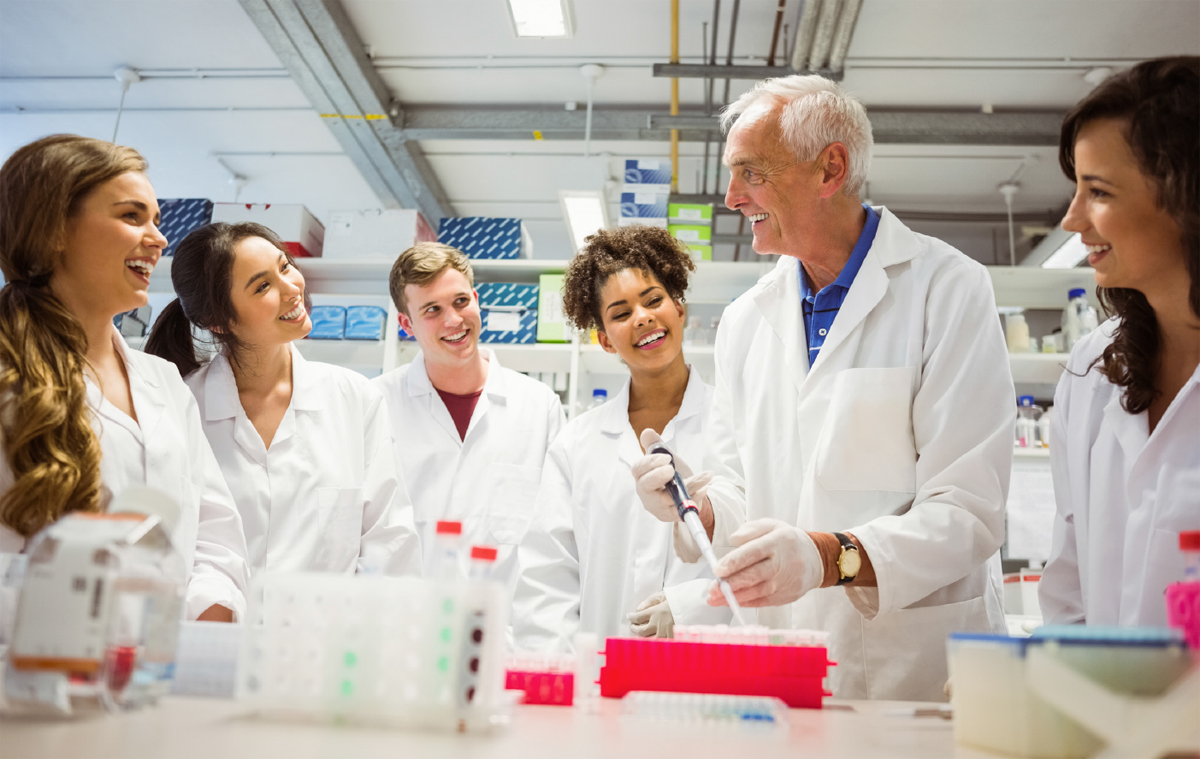Understanding the Rules of Life Program: Scientific Advancements and Future Opportunities (2023)
Chapter: Strategies for Fostering the Next Generation of Researchers

Strategies for Fostering the Next Generation of Researchers
Workshop participants discussed their strategies for mentoring students and other trainees engaged in multidisciplinary research, with the goal of developing a future generation of researchers who approach scientific inquiry in a way that crosses scales and scientific disciplines. Common themes heard more than once include the importance of taking advantage of educational and training opportunities; finding opportunities for the exchange of ideas among students, postdoctoral fellows, and other research team members; and the leadership and training opportunities that arise when graduate students serve as liaisons to multidisciplinary teams (see themes below).
| Education and training can be an integral part of multidisciplinary research while fostering the next generation of researchers | Attending conferences | |
| Reading scientific and science-fiction literature | ||
| Incorporating multidisciplinary science concepts into existing training programs | ||
| Participating in laboratory exchanges and in-person meetings | ||
| Discussing the research story that led to a publication (referred to as “paper unwind”) | ||
| Creating tailored educational experiences | ||
| Acknowledging broad connections by engaging both academic and non-academic audiences |
| Exchanges among students, postdoctoral fellows, and others on the research team are effective means of training in multidisciplinary projects | Opportunities to serve as liaisons among multidisciplinary teams provide unique leadership and training opportunities for graduate students |


